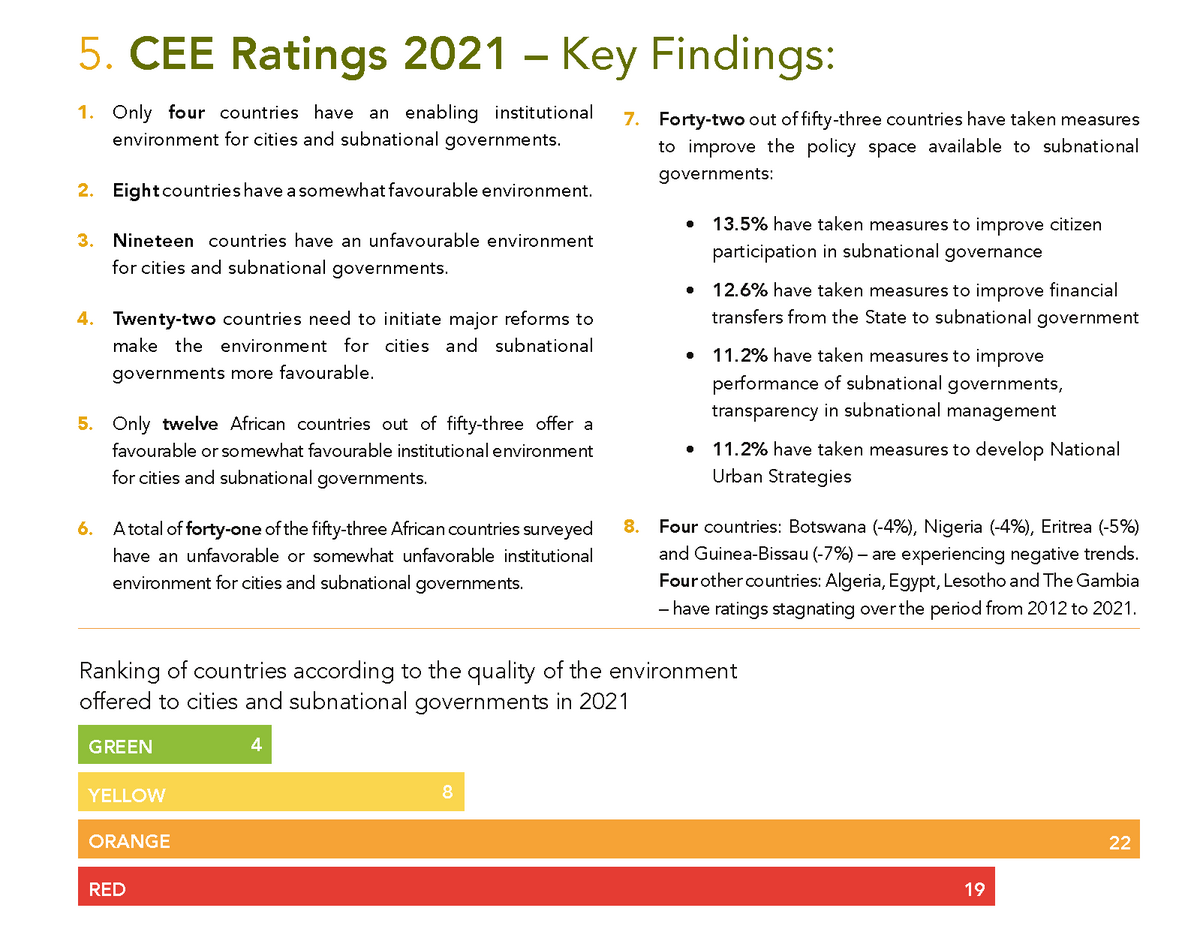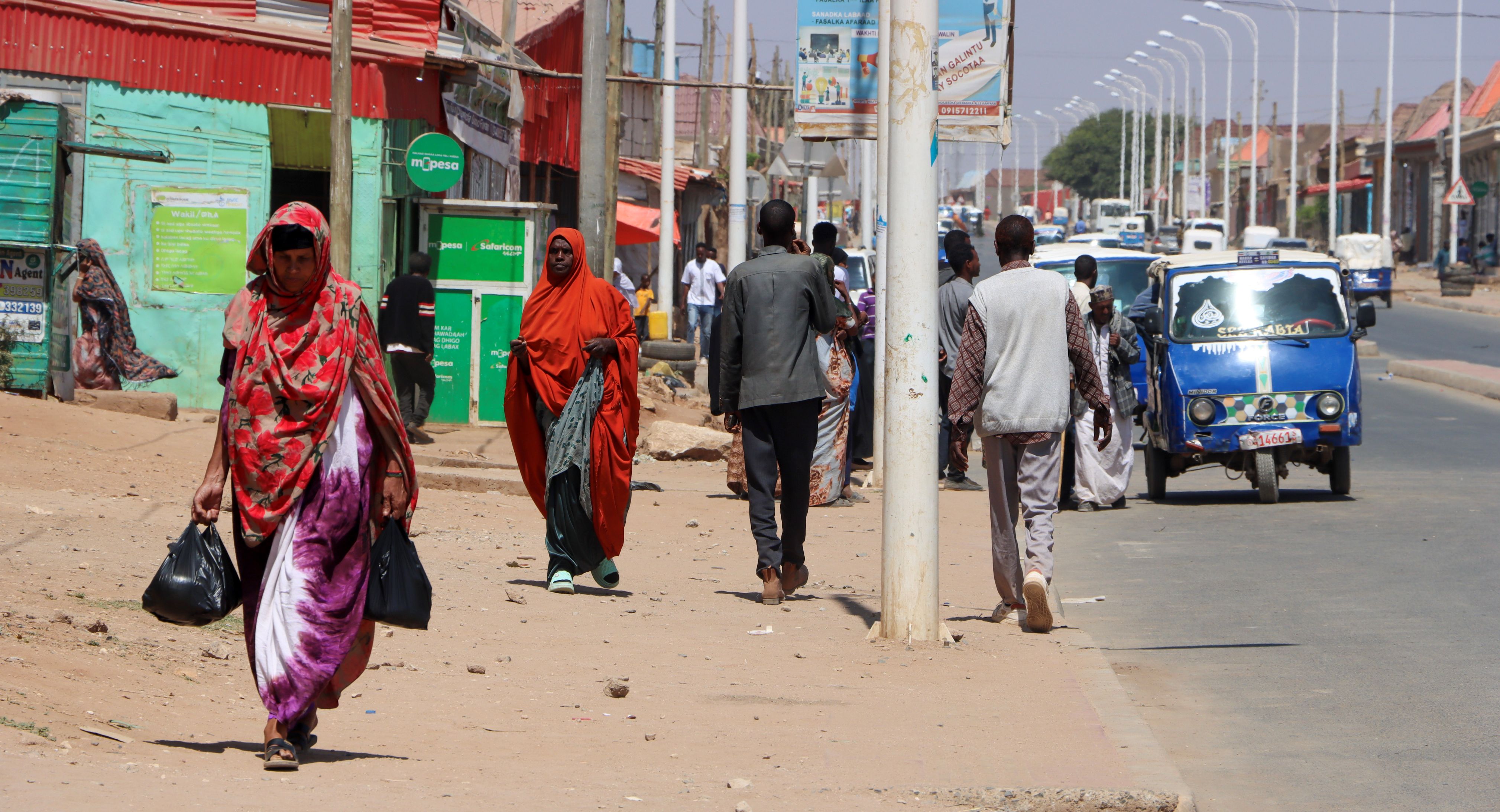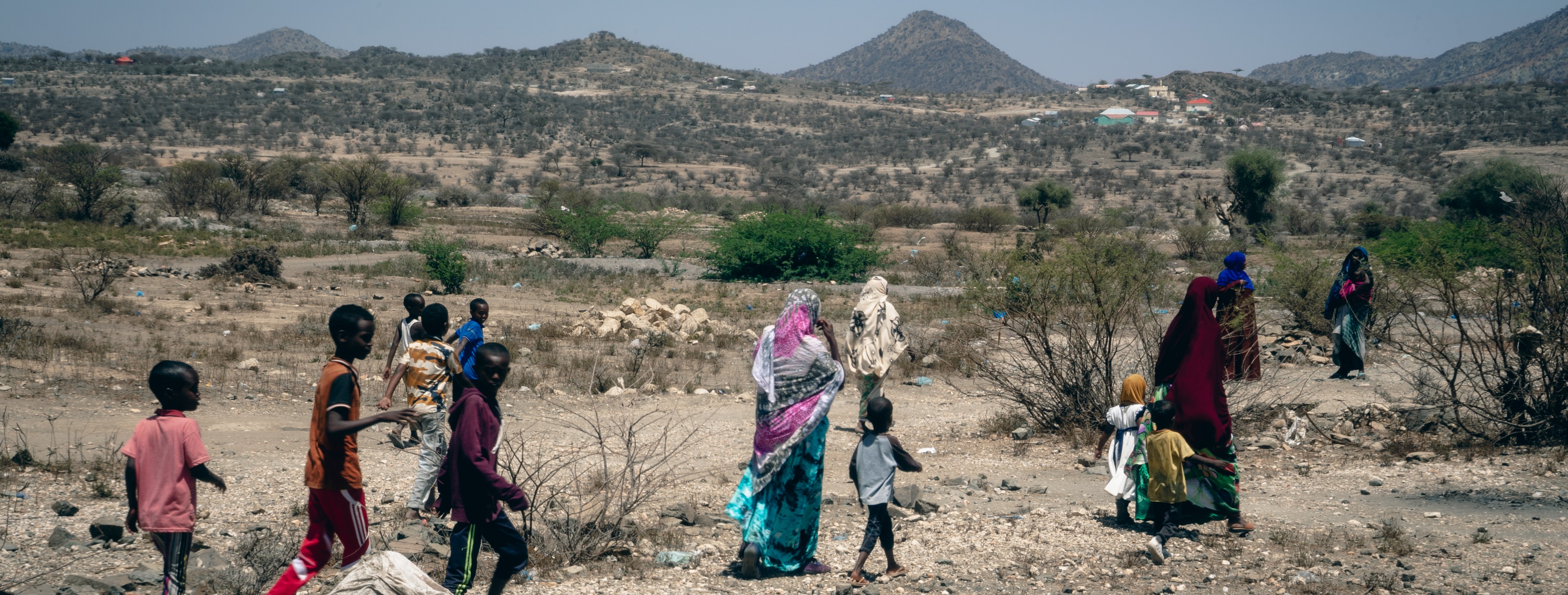The City Environment Enabling Ratings (CEE Ratings) is a publication produced by UCLG-Africa and Cities Alliance every three years. It assesses the evolution of the institutional environment created by the States for the action of subnational governments. This new edition, for the period 2018-2021, covers 53 African states, excluding Libya.
The goal of the CEE Ratings is to help cities and subnational governments determine which reforms should be taken at the national level to increase effectiveness in urban management. It also seeks to catalyse public debate on how urban policy can help create environments that are conducive to the productive, sustainable, and inclusive development of African cities.
The analysis takes as a starting point a qualitative assessment based on 12 indicators, that cover six areas: subnational governance, subnational capacity, financial autonomy, subnational efficiency, national institutional environment, and global agendas. These areas correspond to the key elements of the institutional environment of cities in the context of decentralization and democracy.

While there has been a slight increase in the number of countries where the institutional environment created by the State is favourable to subnational governments, the general trend is that in most African countries the institutional environment is generally unfavourable or rather unfavourable to subnational government action (31 of the 50 countries analysed).
The difficulty in translating the political will for decentralization of most States into legal and institutional arrangements favourable to the action of subnational governments shows the importance of continuing to advocate for the adoption and implementation of the decentralization policy.





